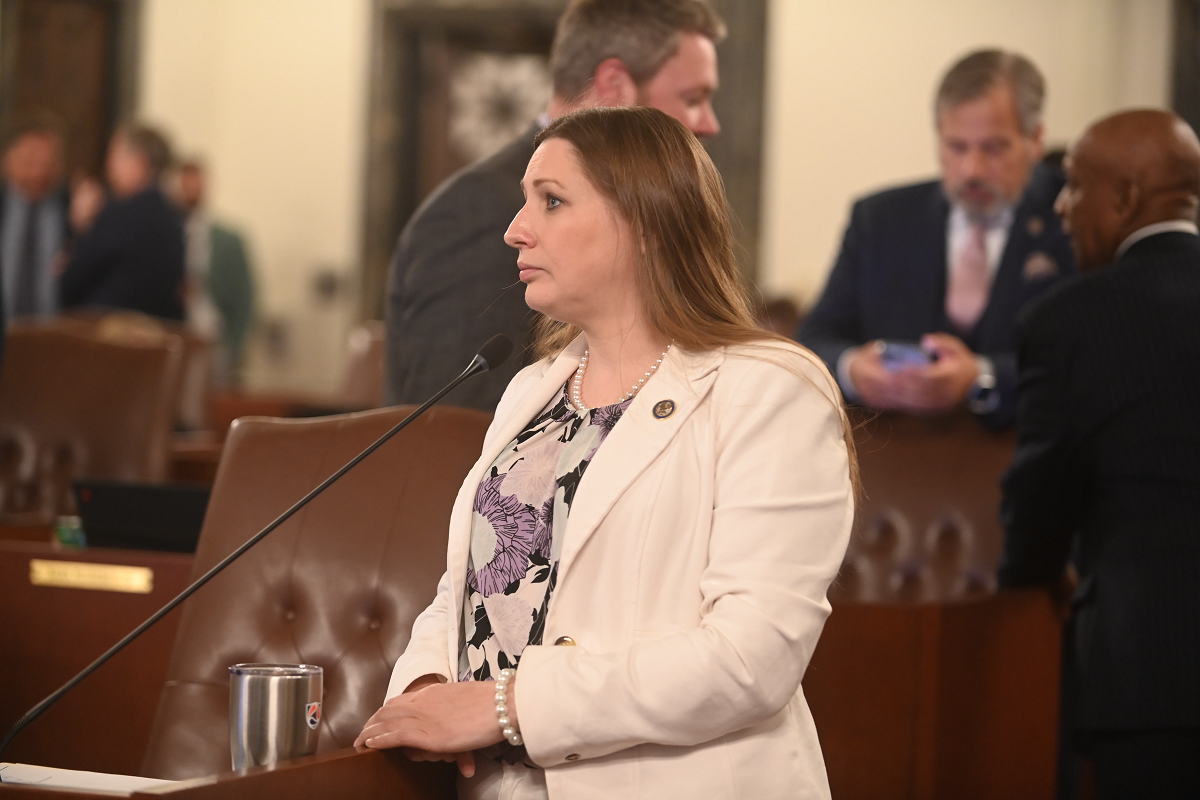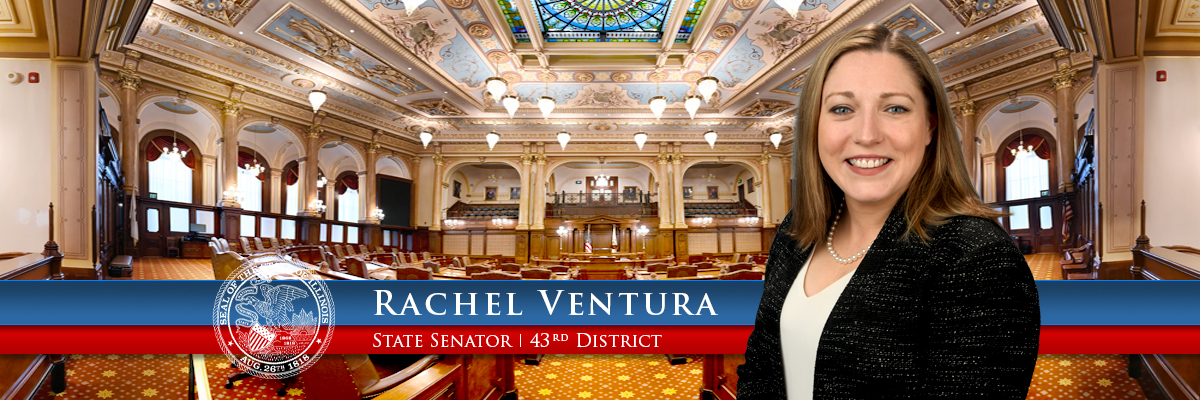- Details
JOLIET – Following the announcement of a new quantum computing facility in the far south side of Chicago at the former U.S. Steel South Works plant on Lake Michigan, State Senator Rachel Ventura released a statement:
“One of my priorities as a legislator is to help bring economic growth, stability and good paying jobs to our region.
“While I'm disappointed that Lockport was not chosen for the quantum computing facility site, I believe our district is ideal for future technological advances. The Illinois Department of Commerce & Economic Opportunity and I are committed to bringing economic development to the 43rd district.
“I have been in regular discussions with them on how to make this a reality and look forward to seeing good paying jobs and businesses brought to the 43rd district.”
- Details
JOLIET – Following the announcement of Ascension selling St. Joseph’s Hospital to Prime Health Care – a for-profit California based company – State Senator Rachel Ventura released the following statement:
“After hearing the announcement that Ascension will be switching to an out-of-state company, I immediately thought of all the nurses and medical staff that I have been on the picket line with for months.
“They are our friends, family, and the people who sacrifice everything to keep us safe and healthy.
“I remain steadfast in my support of all the staff at St. Joe’s. I have been in contact with Ascension to plan a town hall in order to provide answers to the community. When we have finalized more details, I intend to invite hospital employees and the community to attend.
“Ascension has assured me that all staff positions will remain during the transition. Our nurses are our lifeline and I will never stop fighting to ensure their voices are heard and that they are treated fairly. Day in and day out they fight for us – we should all fight for them too.”
- Details
Originally published on Bolingbrook Patch on July 24, 2024
DuPage Township residents came out in force Monday to voice their opinion regarding a rate increase proposed by Illinois American Water.
Over 300 people packed the Township’s Senior (Levy) Center, overflowing on to seats set up on the center’s patio.
- Details

BOLINGBROOK – Following Illinois American Water’s $152 million rate-hike request to the Illinois Commerce Commission, State Senator Rachel Ventura (D-Joliet) released the following statement prior to joining the Citizens Utility Board on Monday evening to urge the ICC to reject the requested rate hike:
“Water is essential to all life. We cannot allow profits to be put over people. I believe water should never be privatized for this reason.
“The ICC has an opportunity to protect Bolingbrook residents’ access to water today – by cutting the increases drastically, getting rid of the QIP surcharge on water bills, and giving these residents a voice. Residents should not have to be burdened with paying “executive bonuses” for the company’s shareholders.
“I will continue to work with my colleagues to protect access to clean, affordable drinking water.”
More Articles …
- Special education students get needed services under Ventura backed law
- Illinois bill requires school districts to provide resources for special education children without guardians
- Ventura attends historic Healthcare Protection Act signage
- Ventura joins bipartisan group of legislators and CUB to oppose water rate hikes
Page 30 of 61







